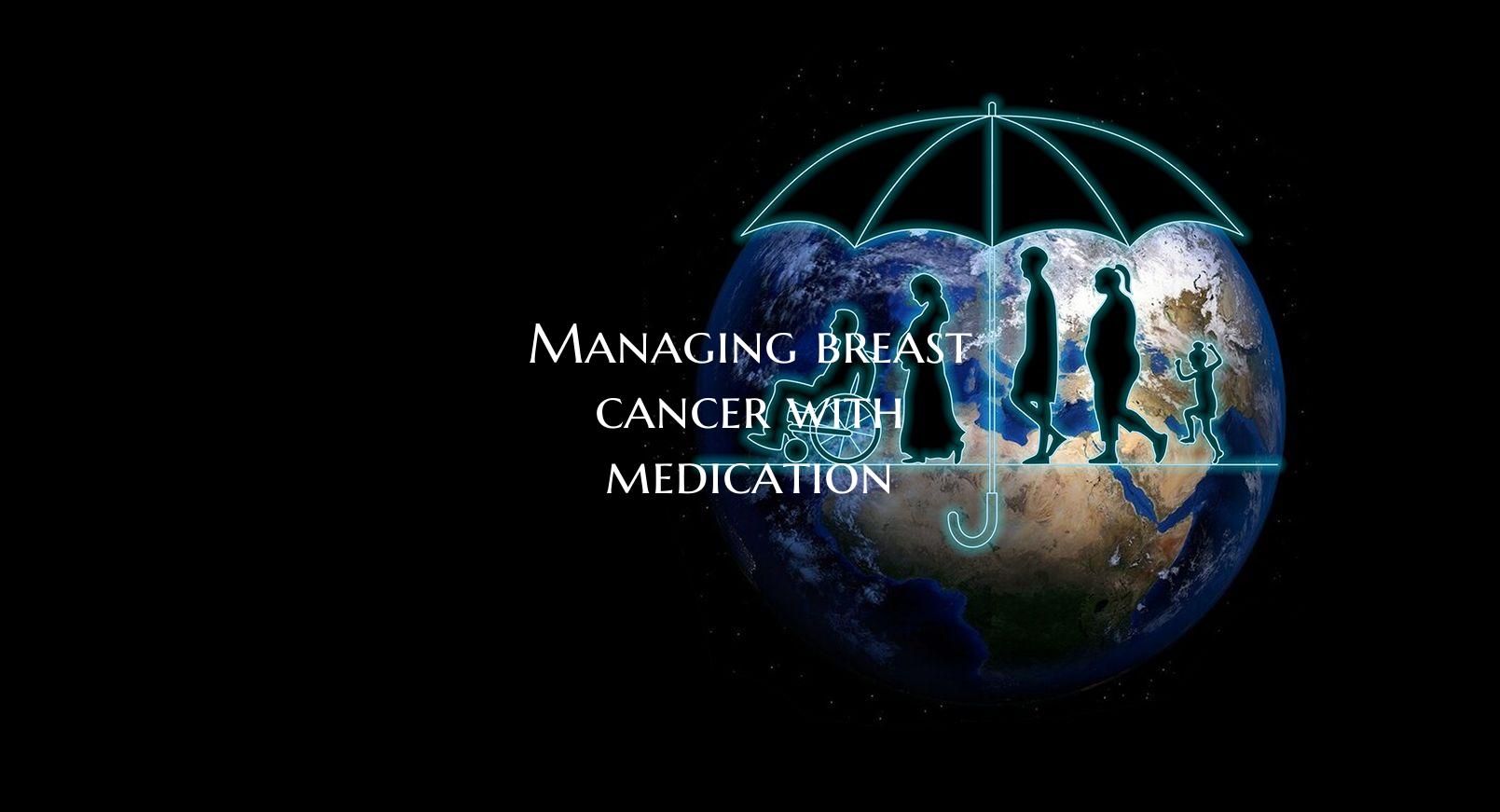
Managing breast cancer with medication
Breast cancer is a serious condition that affects millions of women worldwide. While treatment options such as surgery, radiation therapy, and chemotherapy are commonly used to combat breast cancer, medication also plays a crucial role in managing this disease. Medications for breast cancer are typically prescribed based on the specific type and stage of the cancer, as well as individual factors such as age and overall health.
One of the most common types of medication used to manage breast cancer is hormonal therapy. Hormonal therapy works by blocking the effects of certain hormones that can fuel the growth of breast cancer cells. This type of medication is often prescribed for hormone receptor-positive breast cancers, which rely on estrogen and/or progesterone to grow. By blocking these hormones, hormonal therapy can help slow down or stop the growth of cancer cells, reducing the risk of recurrence and improving survival rates.
Another class of medications that are frequently used in managing breast cancer are targeted therapies. Targeted therapies are drugs that specifically target certain molecules that play a role in the growth and spread of cancer cells. For example, HER2-positive breast cancers can be treated with targeted therapies that block the HER2 protein, which is overexpressed in these types of tumors. By targeting this specific protein, these medications can effectively stop the growth of cancer cells and improve outcomes for patients with HER2-positive breast cancer.
Chemotherapy is another important component of breast cancer treatment that involves the use of powerful drugs to kill cancer cells. While chemotherapy is often associated with side effects such as hair loss and nausea, it can be highly effective in shrinking tumors and preventing the spread of cancer to other parts of the body. Depending on the type and stage of the breast cancer, chemotherapy may be used before or after surgery to reduce the size of the tumor, kill any remaining cancer cells, or prevent recurrence.
In addition to these medications, other supportive therapies may also be prescribed to help manage the side effects of treatment and improve quality of life for breast cancer patients. These may include medications to reduce pain, manage nausea, boost the immune system, or alleviate other symptoms associated with treatment.
It is essential for patients with breast cancer to work closely with their healthcare team to develop a personalized treatment plan that incorporates the most effective medications for their specific situation. By following their prescribed medication regimen and attending regular follow-up appointments, patients can effectively manage breast cancer and improve their chances of a successful outcome.